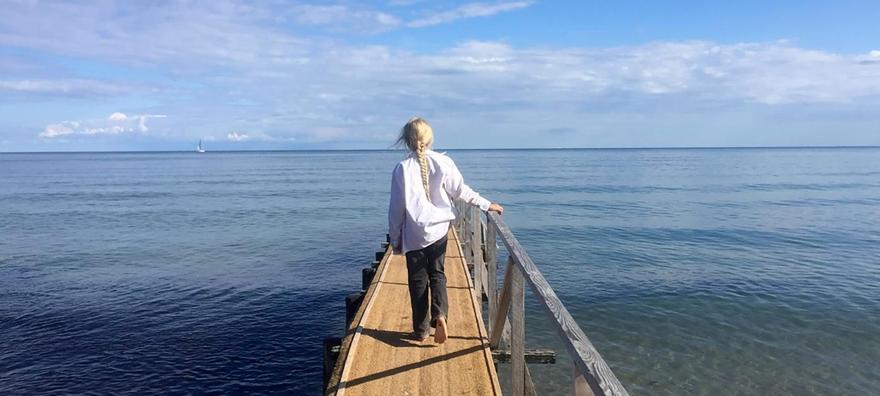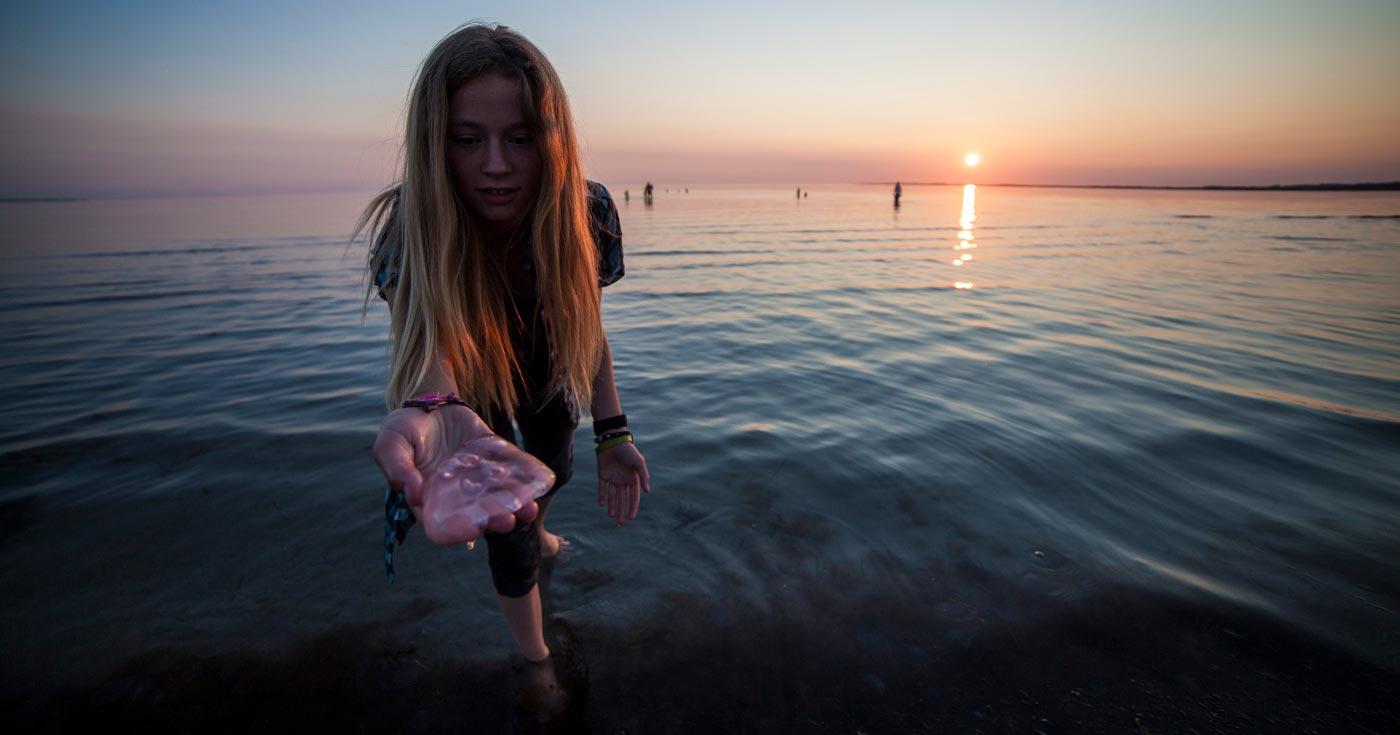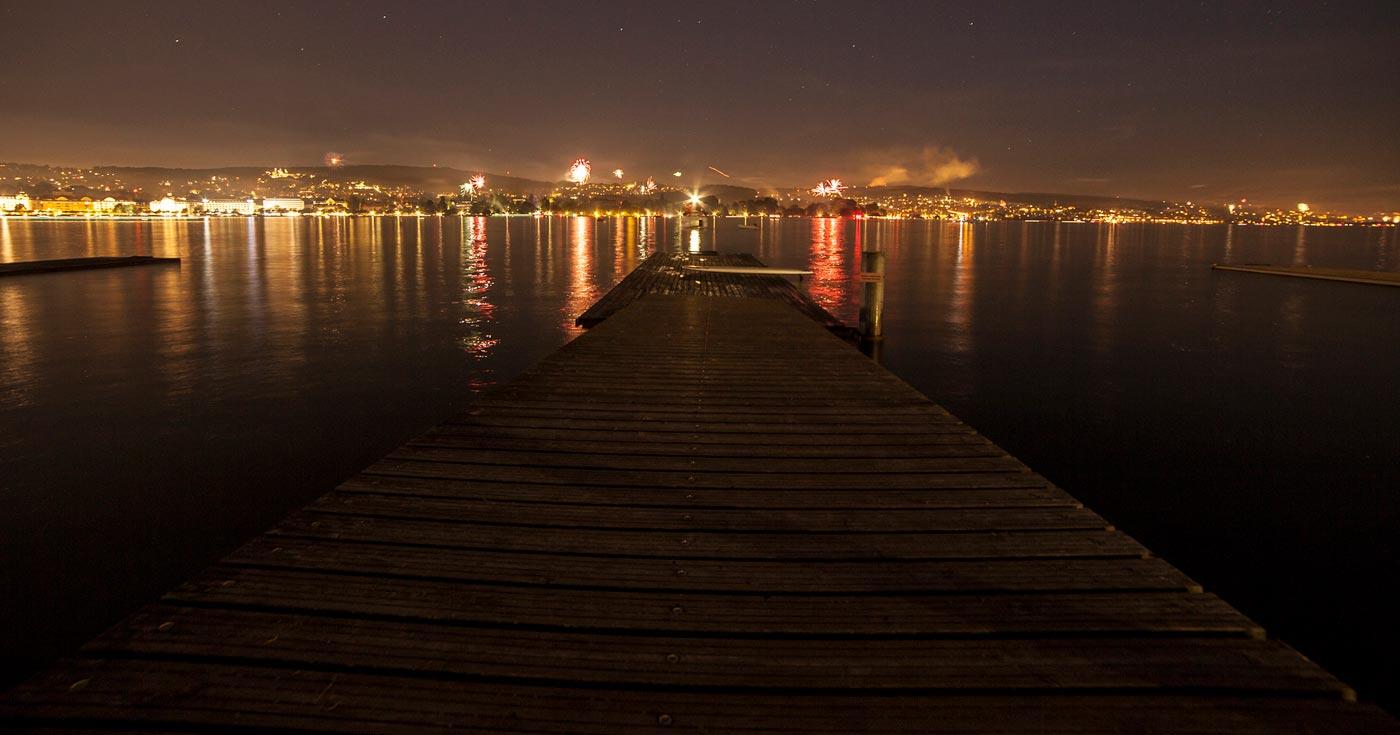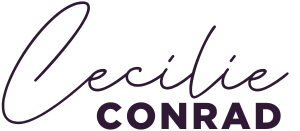
The cognitive end result of an experience, the knowledge, wisdom, and skill you take away from whatever happens in your life is – when all added up – what we understand as education. In the Western world, we separate or value different kinds of learned elements according to what is usually taught in schools and what is usually learned voluntarily in your “free” time. Or differentiate “academic” stuff from “practical” stuff. It’s all in our minds.
Outside the box

Liv Ea studying a Jellyfish
Anyway. We as a family celebrate the concept of worldschooling – but actually, we mostly do so when we need to make people outside of the unschooling / worldschooling community understand what the heck we are doing with our lives.
It's complicated. At least if you have never considered the idea of not using schools to educate your children. What is even more complicated is to try to explain: That education as such is not the main focus of our life. We live because we are engaged, intrigued, involved, motivated, inspired, curious, and present. We live because we want to because life is calling.
The goal is to be (without a goal)
The learning: The skills, knowledge, and experience we take away from all of life's many different stages and narratives – is just a byproduct. Rarely do we decide to learn something and engage in activities to do so. More likely, we want to see something, run somewhere, feel different, visit someone or join something or someone, and sometimes, we actually need to work on something, in particular, to learn something in order to realize the dream. But mostly, we “just” live. Making sense and making a difference. With love.
Examples of focused voluntary learning
I study Spanish since I like traveling in Spanish-speaking countries. It makes sense to me, and I like it a lot. Especially when I actually need a word, and I find it in there, in my brain. But I do NOT study Spanish in order to be able to speak Spanish – just so. It is in order to connect to people when I travel.
At one point, a child can decide he or she wants to be able to ride a bike. It takes practice, and the child will therefore practice. So, of course, there are activities played out only to learn, but it is always voluntarily, self-lead, and motivated, and it is by no means something we structure or plan, or praise a lot. It is just part of life.
It all adds up to a meaningful life.
Just as the rest: Just as reading, cleaning the house, washing your feet, and finding carrots in Germany or walking streets in Italy, driving over a mountain, looking at the 22.30 sunset in the high Scandinavian summer, or feeding the birds in Venice or Copenhagen, or answering someone's question or helping a friend or someone you don’t know.
It all adds up to a meaningful life with compassion and love, friendship and health, strength and fun.
Speaking educationese
And there is – in terms of what is normally perceived as education – much to take away from all situations: We learn language and principles of growth ecology and planning of cities when looking for the carrots. We studied the much different human culture of the Italians, the building tradition and the joy of being a tourist – and language again when walking the streets of some little city by Lake Como – and we even met a bar which had a lot of penis-art of non-pornographic style AND live tortoises, featuring elderly men playing cards and enjoying huge amounts of espresso.
Then we learned the art of wondering … realizing that reality is always more surprising than you could have ever known.
Anyway – you get the picture, and I will complete the anecdotes as this magazine unfolds.
Terminology can be a great filter.

When we do call ourselves WorldSchoolers, it is because of the intuitively easy-to-understand meaningfulness of this word: It is so easy to grasp that the world is so ultimately inspiring, moving around and engaging in cultures, people, languages, lifestyles, places, nature sites, museums, and countrysides – is likely to produce so much learning as an added bonus, sort of work free learning, so that when explaining our unschooling, much traveling, unplanning lifestyle, most people “inside the box,” will intuitively understand the core of it.
Or at least I hope so.
May the sun shine on you

Cecilie Conrad

Comments